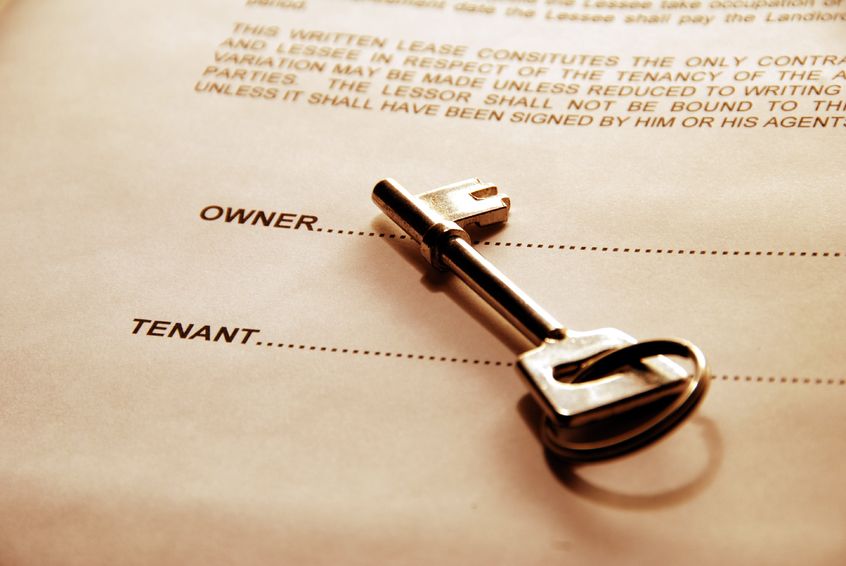Introduction To Tenant Screening: All That You Need To Know
Tenant screening is a proven way of evaluating potential tenants, their ability to fulfill the rental terms, provide the necessary care of the property, and pay the rent timely.
Perfect tenants guarantee the landlord’s long-term financial stability and peace of mind, the property’s good condition preserved for the next residents, and the neighborhood’s safe and favorable atmosphere.
A comprehensive tenant screening provides the landlord with a detailed report of a prospective tenant’s story, with a specific focus on credit score (or credit range), criminal record, and eviction precedents.
Tenant Screening
Whether the property owners decide to carry out tenant screening on their own or use the services of reputable tenant screening companies, the whole process starts with the potential tenant filling out an application form. In the form, the applicants give their personal details, which allow identity verification, their preferences, reference information, and, most importantly, they authorize the procurement of a tenant screening report. Without the tenant’s written consent, it will be impossible (and illegal) to collect any confidential credit information. At this point, it is also important to ensure that the same information is required from all the tenants and no discrimination is taking place. The appropriate questions will be about employment, current and previous landlords, banking information, and, in certain cases, income.
Sometimes, people in search of a new accommodation order the so-called “tenant-initiated” screenings and then bring them to the prospective landlord. This may be a good sign indicating responsible tenants, as they do not have the possibility to modify the screening report provided by a consumer-reporting agency. However, working with a professional, qualified tenant screening company of your own is the best avenue. Why? Because having a team of your own dedicated investigators checking the background of your tenants ensures you’ll get the most accurate and reliable results.
Consumer-Reporting Agencies
Consumer reporting agencies, which specialize in credit history, most people would like to know where the information comes from and how credible it is. CRAs are regulated by the Fair Credit Reporting Act and collect information from public records with the aim of providing an adequate recommendation based on the landlord’s criteria. The credit score (or range) of the tenant is normally taken from one of the three national credit bureaus Experian, Equifax, or Transunion. The agencies also check the tenants on sex offender search, terrorist watchlist search, national and county criminal search. Thе eviction history comes from public landlord/tenant court records. Some property owners report that the criminal and eviction background check results varied depending on how many of the neighboring counties were checked. Taking into account that not all local records may already be online, this is the point to pay special attention to. Gravitas makes sure we check all previously lived in counties from each tenant.
The Perfect Solution
One more legal detail for landlords to remember is that when they make a decision of denying the applicant or approving him or her conditionally (with an increased deposit or cosigner), the applicant has the right to know the agency which compiled the tenant screening report and see a copy of it. The applicants can also dispute the accuracy of the report provided.
Nowadays, a thorough tenant screening is behind the majority of landlords’ approvals. Tenant screenings have become prompt and affordable, keeping the property owners away from potential risks and ensuring the security of investment.









